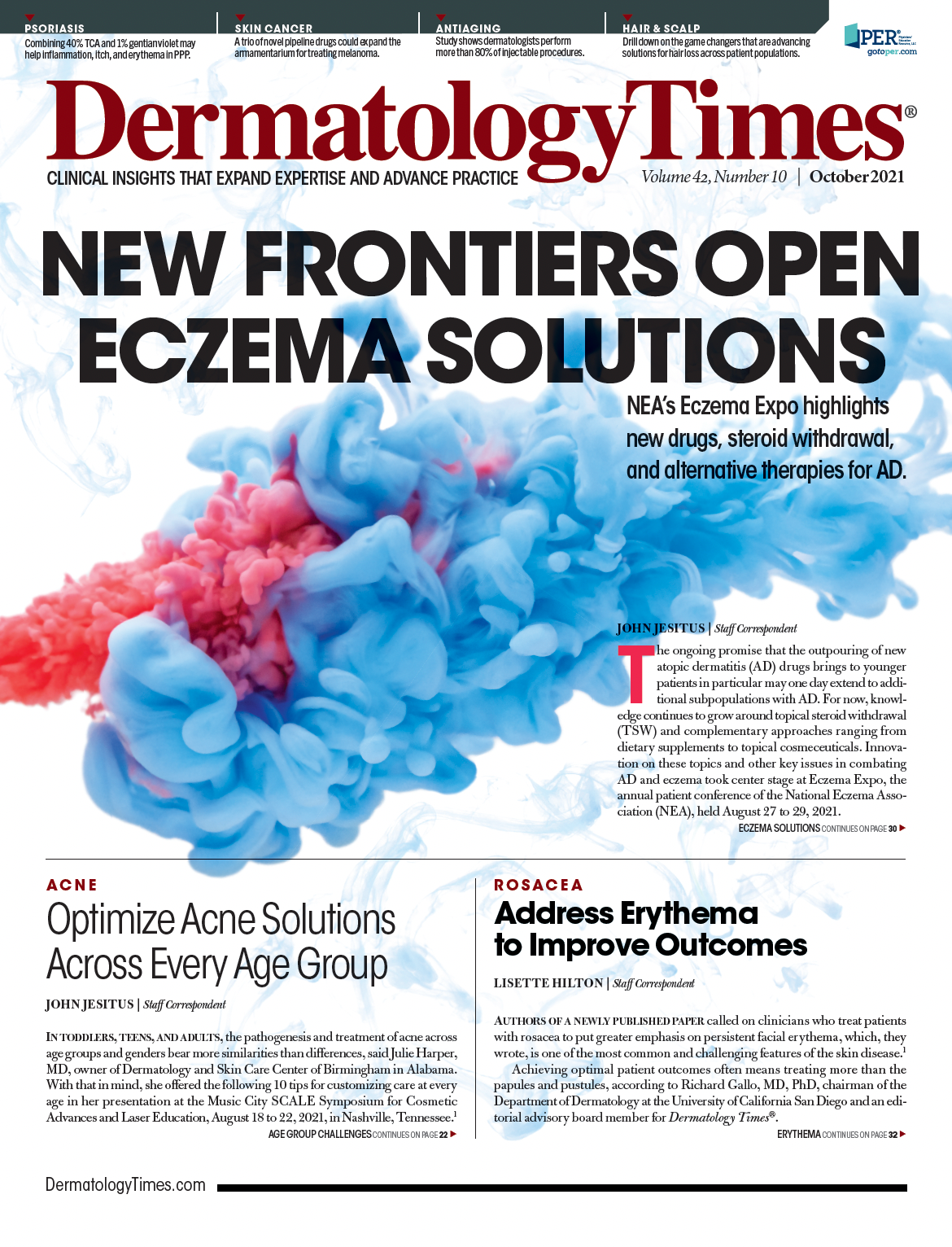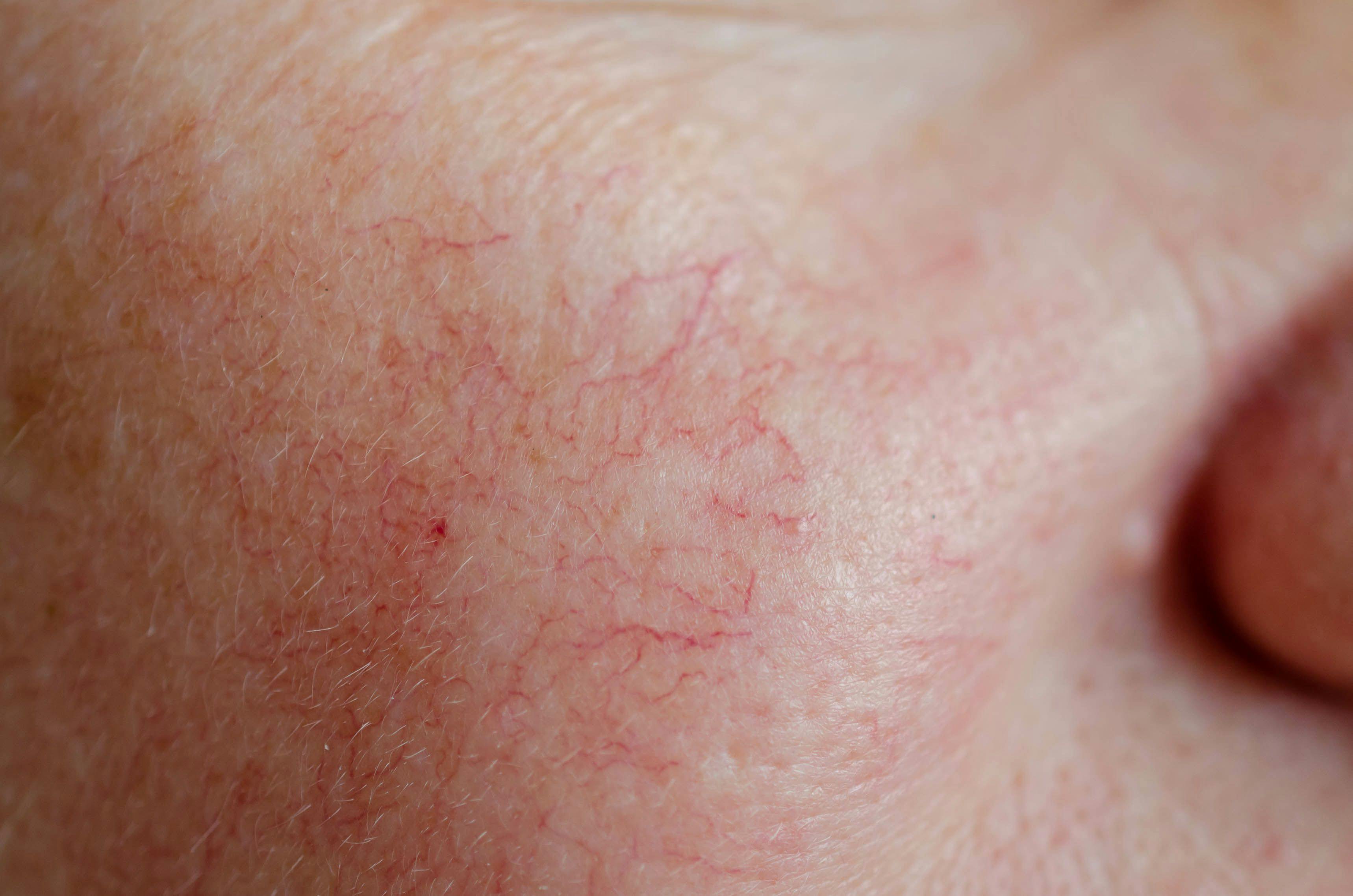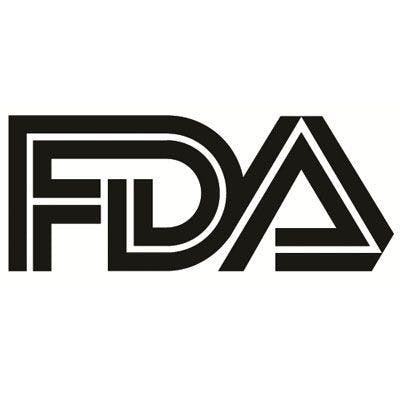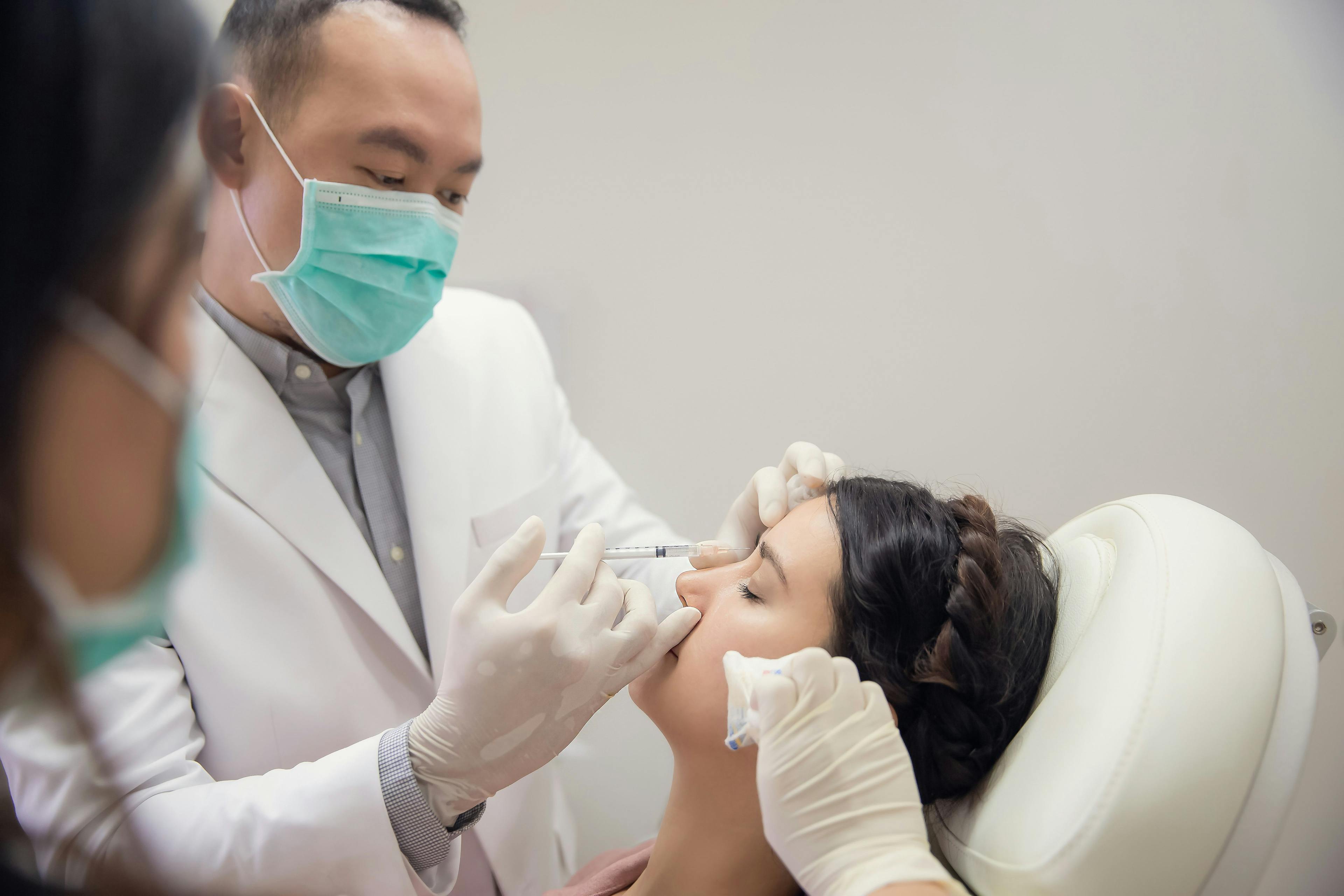- Acne
- Actinic Keratosis
- Aesthetics
- Alopecia
- Atopic Dermatitis
- Buy-and-Bill
- COVID-19
- Case-Based Roundtable
- Chronic Hand Eczema
- Chronic Spontaneous Urticaria
- Drug Watch
- Eczema
- General Dermatology
- Hidradenitis Suppurativa
- Melasma
- NP and PA
- Pediatric Dermatology
- Pigmentary Disorders
- Practice Management
- Precision Medicine and Biologics
- Prurigo Nodularis
- Psoriasis
- Psoriatic Arthritis
- Rare Disease
- Rosacea
- Skin Cancer
- Vitiligo
- Wound Care
Publication
Article
Dermatology Times
Pipeline Updates in Melanoma
Author(s):
Possible melanoma treatments have had multiple newsworthy events since July 2021.
From orphan drug designations to biologics license applications, dermatologists have a lot to pay attention to in the melanoma treatment pipeline over the coming months.
Pembrolizumab
Merck & Co, Inc, announced its phase 3 KEYNOTE-716 (NCT03553836) trial investigating pembrolizumab (Keytruda) has met its primary end point of recurrence-free survival (RFS) for the treatment of patients with surgically removed stage II melanomas.
Based on that data, the FDA has accepted a new supplemental biologics license application (sBLA) for pembrolizumab to treat patients 12 aged years or older with stage IIB or IIC melanoma following removal and has set a Prescription Drug User Fee Act (PDUFA) date for December 4, 2021.1
Pembrolizumab is a humanized monoclonal antibody that blocks the interaction between an anti-programmed death receptor (PD)-1 and its ligands, PD-L1 and PD-L2, thus activating T-lymphocytes, which may affect both tumor and healthy cells.
An analysis of the current data showed that treatment with pembrolizumab as a single agent demonstrated statistically significant improvement in RFS compared with placebo as adjuvant therapy for patients. No new safety signals were observed.
KEYNOTE-716 is a randomized, 2-part, phase 3 trial evaluating the adjuvant treatment of patients with completely resected high-risk stage II melanoma. There were 954 patients aged 12 years and older enrolled in the study and the primary end point was RFS. The secondary end points were distant metastasis-free survival, overall survival, safety, and quality of life.
Part 1 of the study was double blind and the adult patients were randomized to be treated either with pembrolizumab 200 mg intravenously (IV) or placebo by IV every 3 weeks for up to 17 cycles (1 year). The pediatric patients were randomized to be treated with pembrolizumab 2 mg/kg with a maximum dose of 200 mg or placebo every 3 weeks for up to 17 cycles (1 year).
The second part of the study was an open label trial for adult and pediatric patients who were treated with up to 35 cycles, up to 2 years, of pembrolizumab. To be eligible for part 2, patients had to have recurred after receiving placebo or completed 17 cycles of pembrolizumab and patients on pembrolizumab must not have experienced disease recurrence within 6 months of completing treatment.
“KEYNOTE-716 is the first phase 3 study to evaluate adjuvant therapy solely for stage IIB and IIC melanoma—an area with high unmet need,” said Jason Luke, MD, director, Cancer Immunotherapeutics Center at University of Pittsburgh Medical Center Hillman Cancer Center in Pennsylvania. “By moving immunotherapy with Keytruda to earlier stages of melanoma, we have the opportunity to reduce the risk of recurrence for high-risk stage II patients compared to observation alone following complete resection.”
Pembrolizumab has been established as an important treatment option for the adjuvant treatment of patients with resected stage III melanoma since 2019 and is approved in more than 90 countries based on results from the EORTC 1325/KEYNOTE-054 (NCT02362594). Also, it is approved for treatment of patients with unresectable or metastatic cancer worldwide. KEYNOTE-716 contributes to data seen in earlier stages of disease in 4 tumor types (melanoma, renal cell carcinoma, triple-negative breast cancer, and non-muscle invasive bladder cancer).
“The phase 3 KEYNOTE-716 clinical trial results by Merck are very encouraging for patients with stage IIB or IIC melanoma,” said Christopher Bunick, a physician-scientist practicing general medical and surgical dermatology at Yale University in New Haven, Connecticut, and a Dermatology Times® board member. “It means that dermatologists and stage II melanoma patients will have a new option for therapy after surgical resection to lengthen recurrence-free survival. Cancer patients want a long, high-quality life, and pembrolizumab offers improvements in this regard for stage IIB or IIC melanoma patients.
Nemvaleukin alfa
The FDA has given fast track designation for nemvaleukin alfa (ALKS 4230; Alkermes plc), an investigational engineered interleukin (IL)-2 variant immunotherapy, for the treatment of mucosal melanoma.2 This comes after the FDA granted orphan drug designation to nemvaleukin alfa for the treatment of mucosal melanoma.3
The company was announced4 the start of its investigational phase 2 trial, ARTISTRY-6 (NCT04830124), a global study evaluating the anti-tumor activity, safety, and tolerability of nemvaleukin alfa monotherapy, intravenously (IV) administered in patients who have mucosal melanoma and subcutaneously in patients with advanced cutaneous melanoma, who have previously treated with an anti-programmed death-ligand (PD-L)1 therapy.
“Nemvaleukin alfa is a very exciting therapy because it is molecularly unique. It is a fusion protein comprised of modified IL-2 and the high-affinity IL-2 alpha receptor chain, and its mission is to enhance the body’s immune cells to target and destroy tumors,” said Bunick. “The FDA fast track designation is particularly promising for patients with mucosal melanoma, as more types of effective melanoma therapies are needed to improve patient survival.”
Alrizomadlin
The FDA has granted an orphan drug designation (ODD) to alrizomadlin (APG-115; Ascentage Pharma), a mouse double minute 2 homolog (MDM2)-p53 inhibitor, for the treatment of IIB-IV melanoma.5
This is the fifth ODD granted to alrizomadlin, the others being for the treatment of gastric cancer, acute myeloid leukemia, soft tissue sarcoma, and retinoblastoma. The FDA granting the ODD to alrizomadlin qualifies it for tax credit on expenditures incurred in clinical studies, a waiver of the new drug application (NDA) fee, a possible research grant awarded by the FDA, and 7 years of US market exclusivity upon approval.5
At the virtual 2021 American Society of Clinical Oncology (ASCO) Annual Meeting held June 4-8, 2021, Ascentage Pharma reported results from a phase 1/2 trial (NCT03611868) in which alrizomadlin was examined in combination with pembrolizumab in patients who received a diagnosis of metastatic melanoma or advanced solid tumors.6
The trial has 2 phases: the dose-escalation phase and the dose-expansion phase. In the first phase, alrizomadlin was given in once-daily doses for 2 weeks consecutively that ranged from 50 mg, 100 mg, 150 mg, to 200 mg. After the 2 weeks, there was 1 week off in a 21-day treatment cycle. This part was to help determine a phase 2 dose.7
The dose for the second phase was 150 mg once every other day for 2 consecutive weeks with 1 week off and combined with pembrolizumab at 200 mg dose via IV infusion for 30 minutes on day 1 of a 21-day cycle, according to the research article.6 This phase will feature 6 cohorts: melanoma (n = 26), non–small cell lung cancer (NSCLC) (n = 23), ataxia telangiectasia mutated (ATM) mutation (n = 9), liposarcoma (n = 14), urothelial (n = 9), and malignant peripheral nerve sheath tumor (MPNST) (n = 3).
To be included in the trial, patients had to be aged 18 years or older, have histologically confirmed unresectable or metastatic solid tumors, be resistant to standard of care (SOC) approaches, have an Eastern Cooperative Oncology Group performance status of 0 to 2, and have a measurable disease per RECIST v1.1 criteria. If patients received a diagnosis of melanoma, NSCLC, or urothelial carcinoma, the cancer would need to have relapsed or be resistant following PD-1 or PD-L1 inhibitor treatment.7
The results found that in the PD-1/PD-L1 inhibitor-failed melanoma cohort, there was 1 confirmed partial response (PR) out of 5 patients with uveal melanoma, 2 PR (1 confirmed and 1 unconfirmed) of 5 patients with mucosal melanoma, and 1 confirmed PR of 11 patients with cutaneous melanoma, according to the research. The tumor objective response rate (ORR) in the melanoma cohort was 17.4%, and the disease control rate was 60.9%. In the MPNST cohort, 1 of 3 patients had an unconfirmed ongoing PR. In the NSCLC and urothelial cohorts, each reported 1 confirmed PR.
The common treatment related adverse events (TRAEs) were nausea (63.1%), thrombocytopenia (36.9%), vomiting (33.3%), fatigue (31.0%), decreased appetite (27.4%), diarrhea (21.4%), neutropenia (15.4%), and anemia (11.9%). Grade greater than or equal to 3 TRAEs (greater than or equal to 5%) included thrombocytopenia (20.2%), neutropenia (14.2%), and anemia (8.3%). The 3 treatment-related serious adverse events (SAEs) were posterior reversible encephalopathy syndrome (PRES), pyrexia, and asthenia.
There were 11 patients who discontinued treatment because of adverse effects, of which 5 were treatment related (2 of grade 4 thrombocytopenia, 1 of grade 2 vomiting, 1 of grade 2 fatigue, and 1 of grade 2 PRES).
“It is hard to predict what single agent, if any, will be completely effective against melanoma,” Bunick explained. “The next year or so is likely to see results from trials of combinations of these newer anti-melanoma medicines with immune checkpoint inhibitors or other anti-cancer drugs. It will be interesting to see if a more powerful anti-melanoma combination or ‘melanoma cocktail’ will emerge from those studies.”
References:
1. Merck’s Keytruda (pembrolizumab) significantly prolonged recurrence-free survival (RFS) compared to placebo as adjuvant therapy for patients with stage II resected high-risk melanoma in phase 3 keynote-716 trial. News release. Merck. August 5, 2021. Accessed August 10, 2021. https://www.merck.com/news/mercks-keytruda-pembrolizumab-significantly-prolonged-recurrence-free-survival-rfs-compared-to-placebo-as-adjuvant-therapy-for-patients-with-stage-ii-resected-high-risk-melanoma-in/
2. Alkermes receives FDA fast track designation for nemvaleukin alfa for the treatment of mucosal melanoma. News release. Alkermes plc. August 2, 2021. Accessed September 2, 2021. https://investor.alkermes.com/news-releases/news-release-details/alkermes-receives-fda-fast-track-designation-nemvaleukin-alfa/
3. Alkermes announces FDA orphan drug designation for nemvaleukin alfa for treatment of mucosal melanoma. News release. Alkermes plc. March 11, 2021. Accessed September 2, 2021. https://investor.alkermes.com/news-releases/news-release-details/alkermes-announces-fda-orphan-drug-designation-nemvaleukin-alfa/
4. Alkermes initiates ARTISTRY-6 trial of nemvaleukin alfa monotherapy in patients with melanoma. News release. Alkermes plc. April 27, 2021. Accessed September 2, 2021. https://investor.alkermes.com/news-releases/news-release-details/alkermes-initiates-artistry-6-trial-nemvaleukin-alfa-monotherapy/
5. Ascentage Pharma’s mdm2-p53 inhibitor apg-115 (Alrizomadlin) granted an orphan drug designation by the FDA for the treatment of stage IIB-IV melanoma, marking the twelfth obtained by the company. News release. Ascentage Pharma. July 21, 2021. Accessed September 2, 2021. https://www.ascentagepharma.com/press-releases/ascentage-pharmas-mdm2-p53-inhibitor-apg-115-alrizomadlin-granted-an-orphan-drug-designation-by-the-fda-for-the-treatment-of-stage-iib-iv-melanoma-marking-the-twelfth-obtained-by-the-compa/
6. Tolcher AW, Reeves JA, McKean M, et al. Preliminary results of a phase II study of alrizomadlin (APG-115), a novel, small molecule MDM2 inhibitor, in combination with pembrolizumab in patients (pts) with unresectable or metastatic melanoma or advanced solid tumors that have failed immuno-oncologic (I-O) drugs. J Clin Oncol. 2021;39(suppl 15):2506. doi:10.1200/JCO.2021.39.15_suppl.2506
7. FDA grants orphan drug designation to alrizomadlin for stage IIB-IV melanoma. OncLive®. July 21, 2021. Accessed September 2, 2021. https://www.onclive.com/view/fda-grants-orphan-drug-designation-to-alrizomadlin-for-stage-iib-iv-melanoma

Newsletter
Like what you’re reading? Subscribe to Dermatology Times for weekly updates on therapies, innovations, and real-world practice tips.


























